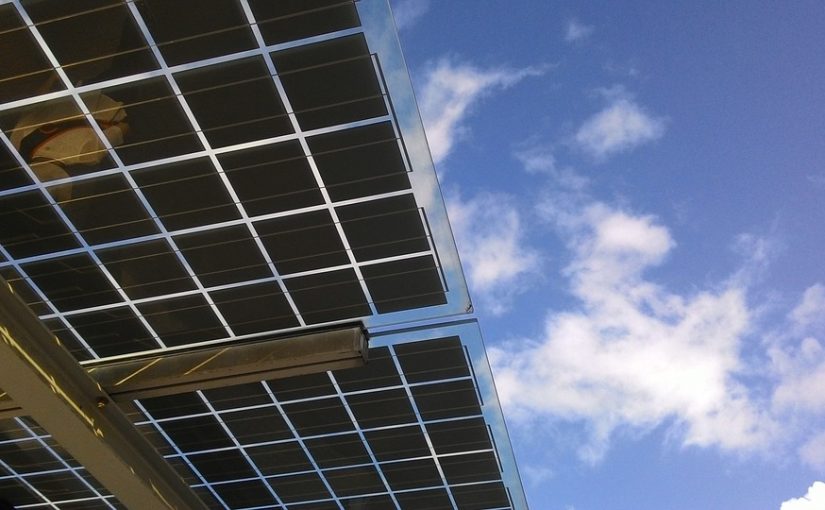Non-renewable resources like oil are vanishing at an alarming rate. If we constantly use crude oil at the rate at which we are currently using them, we are likely to deplete this precious resource within the next fifty years. Solar energy is a viable replacement for oil, but traditional solar panels are clunky and not very user-friendly. That is why Flexible Solar Panels were invented.
These solar panels are made of silicon wafers that are only a few micrometers wide. Although flexible panels have been around for some time now, recent research in organic solar cells by the Massachusetts Institute of Technology has given rise to a new and improved method of fabrication. By replacing the silicon base with organic material with graphene electrodes, researchers found that the resultant solar panels were more versatile and advantageous than their predecessors.
Advantages and Applications
A very common problem traditional solar panels have is that they cannot fit in irregular areas and require additional supporting structures, which makes the whole set-up heavy. Most people that consider switching to solar are immediately discouraged because of this factor. Professional installation services will persuade you to make alterations to your roof that will reinforce it before they can install the panels. At this point, everybody simply just gives up.
Flexible panels, on the other hand, will fit almost any space regardless of its shape or structural integrity. Because of its low weight, it can be used on any surface without adding excess weight. It does not matter whether your roof is weak, or strong, flat, or shingled, the adaptable nature of these panels allows it to accommodate any given surface.
It is not restricted to only roofs. It can just as easily be used on vehicles and electrical appliances. For instance, car roofs can be lined with Flexible Solar Panels to power them. Similarly, flexible panels can be attached to laptops, mobile phones, and portable lamps.
Another key advantage flexible panels have over traditional solar panels is that it is relatively cheaper to install. Due to its low weight and adaptable nature, the effort required to install flexible panels is much less. Hence the labor cost is significantly cheaper.
The only drawback of using flexible panels is that its efficiency is slightly lower than its traditional counterpart. Therefore, instead of using it as a fixed and immovable source of power, they are better used as a portable source of power.
